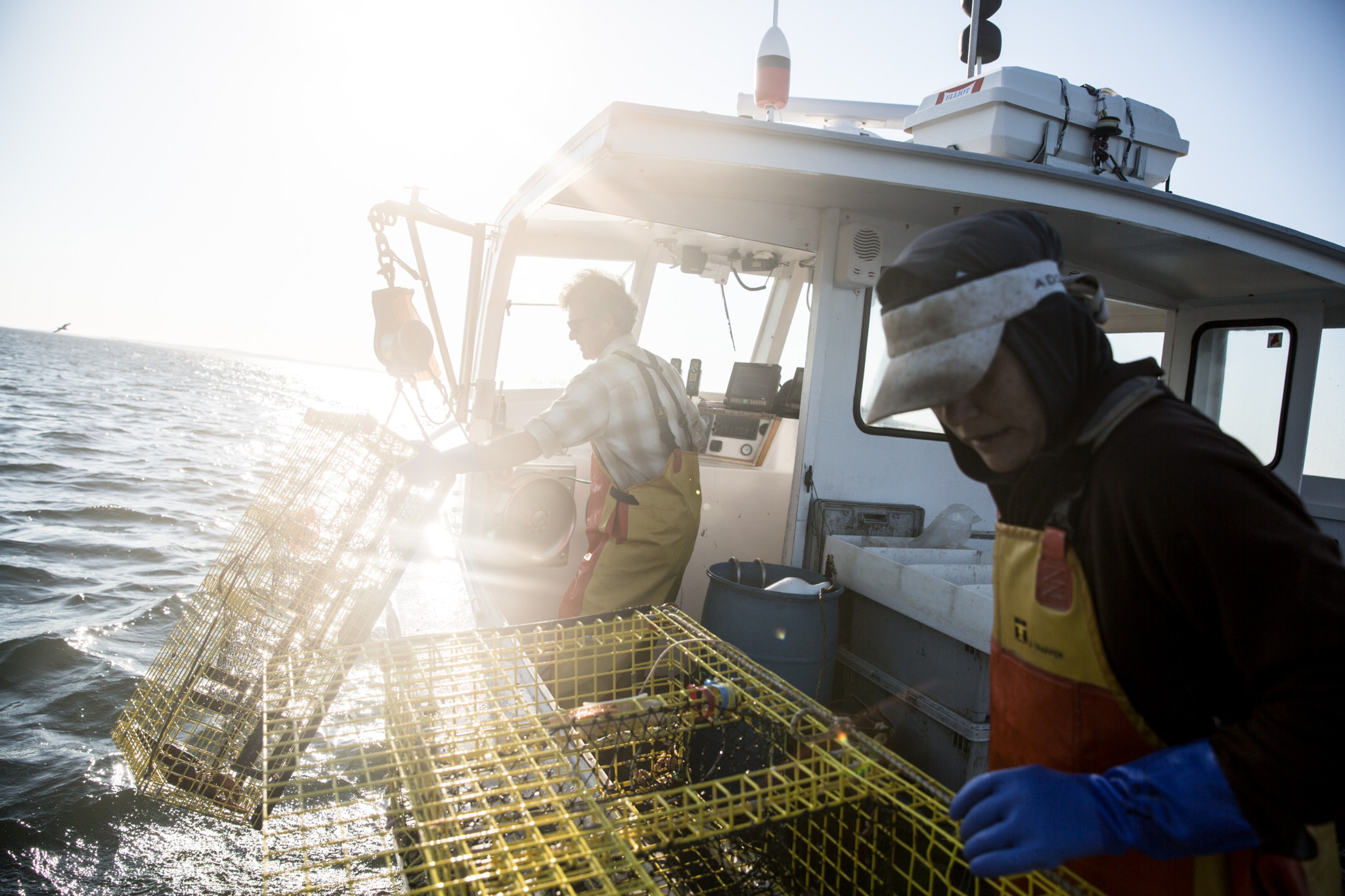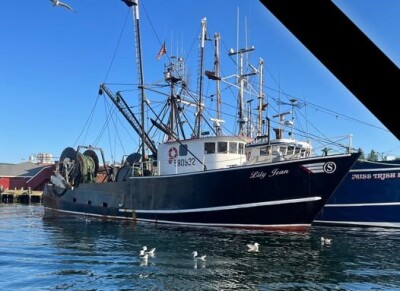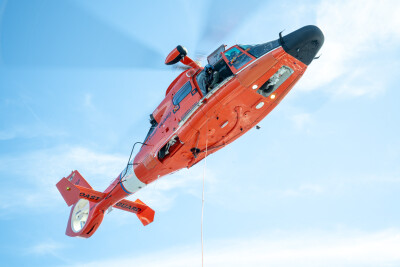'Serious data flaws' lead Maine Lobstermen's Association to withdraw its support
On Friday, Aug. 30, the Maine Lobstermen's Association officially withdrew its support from a federal proposal to reduce fishery impacts on the North Atlantic right whale biomass, citing NMFS data that shows the proposal would not be effective in reducing right whale mortality.
“NMFS own data show that that the lobster fishery is the least significant cause of right whale serious injury or mortality," said Patrice McCarron, the association's president, "while ship strikes, gillnets and the Canadian snow crab fishery pose much greater risks.”
According to MLA’s analysis, the Canadian snow crab fishery accounts for 31 percent of right whale serious injury and mortality; gillnet and netting gear represent 13 percent; unknown trap/pot gear represents 4 percent; and U.S. trap/pot gear represents 4 percent.
U.S. and Canadian vessel strikes account for the remaining 48 percent of right whale injury and mortality.
“The MLA cannot responsibly recommend its members undertake changes in fishing practices when whales may continue to become entangled in fishing gear, such as gillnets, which are not included in the current rulemaking,” said McCarron.
As members of NOAA's Atlantic Large Whale Take Reduction Team (often called the TRT), McCarron and MLA President Kristan Porter took part in the negotiations and initially agreed to reduce vertical trap lines by 50 percent in Maine's lobster fishery. Immediately following the meeting, McCarron said they had been instructed to make drastic cuts or have them made for the fleets at the federal level.
Industry stakeholders began requesting that NMFS analyze its own data before implementing the plan, and the Maine association opted to dig into the data, as well.
"Just a few entanglements in one category moving to another changes the whole picture," Porter said of the analysis. "We have the smallest piece of the puzzle, and yet we're getting all the attention."
Since the uptick in right whale entanglements in 2017, most eyes in the industry have been on the Canadian trap fisheries. Right whales have been moving deeper into Canada's snow crab and lobster territory, and the industry has responded but not with urgency.
"They've made some measures in the snow crab fishery, which really haven't helped much," Porter said. "But they haven't really addressed the lobster fishery in Canada. At the time of the right whale migration, they're open."
The 64-member TRT — established in 1996 under the Marine Mammal Protection Act — includes East Coast fishermen and associations representing fixed-gear fisheries, fishery managers, environmental organizations and scientists. Maine’s lobster industry holds four seats on the team, including McCarron’s and Porter's.







